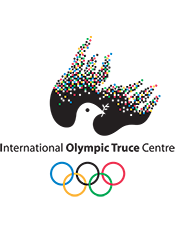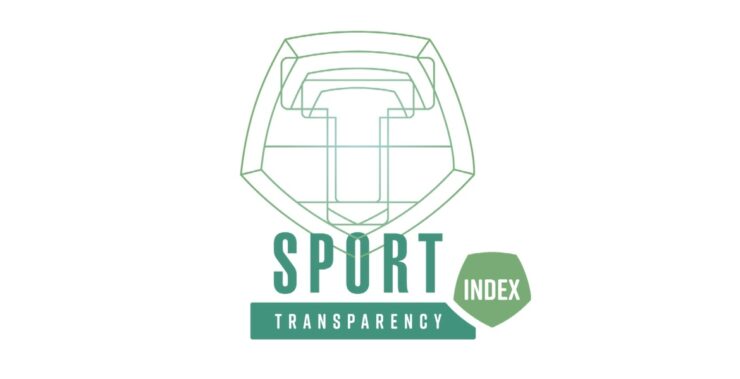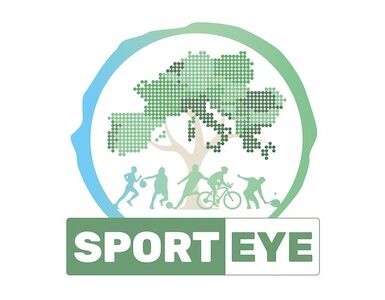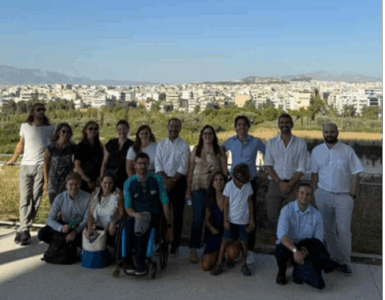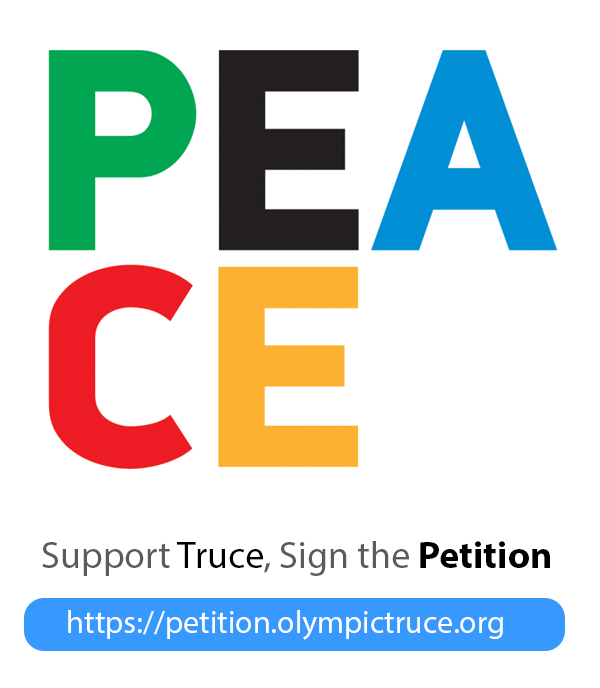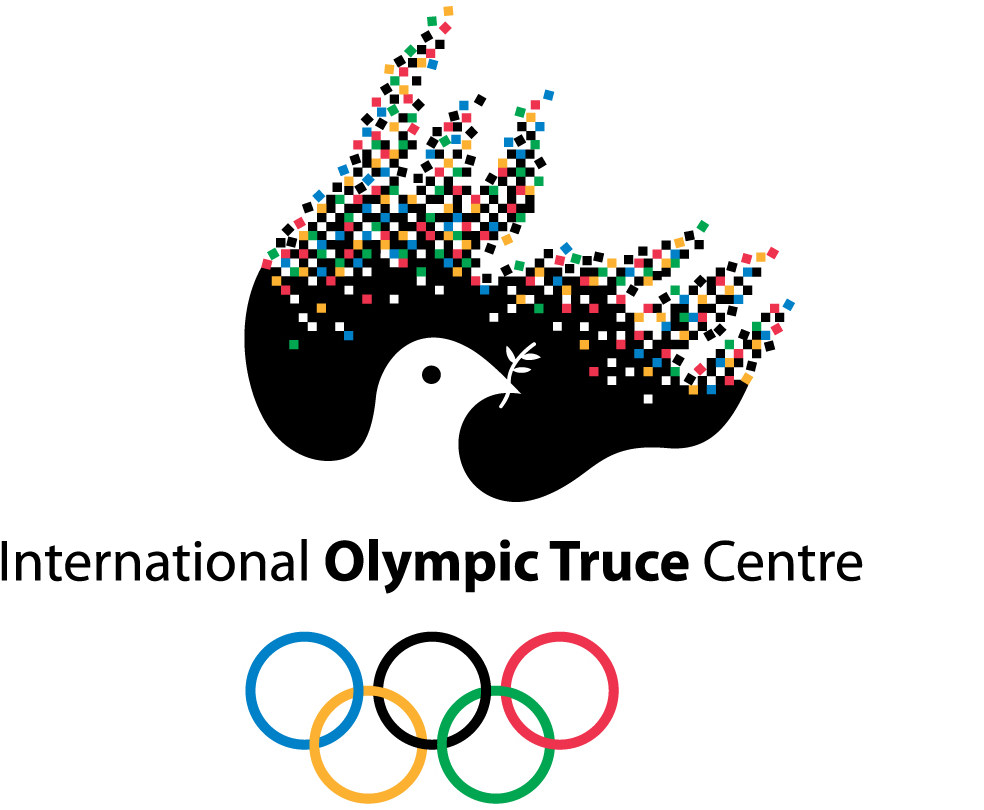
Sport T-Index Partners’ meeting hosted by the Institute for Sport Governance in Warsaw
Great News for Integrity, Transparency and Good Governance in Sport: The Sport Transparency Index Project has moved into the final stages ahead of the 2025 release.
At an engaging Meeting in Warsaw, hosted by the Institute for Sport Governance, a crucial milestone was achieved that saw the validation of a set of 15 indicators, which will be used to evaluate Sport Transparency in Europe at all Stakeholder Levels. This marked the culmination of a Pilot Study phase that built upon an in-depth mapping of the Sport Integrity and Good Governance Landscape.
The project will now begin the final evaluation of European Sport and compile the first edition of the Sport Transparency Index for launch at the Sport Transparency Conference in Brussels in June 2025.
The project aspires to enhance standards by highlighting current capacities and will simultaneously create positive, inclusive and accessible knowledge exchange through education, policy recommendations, and related initiatives.
We are currently engaging with interested stakeholders and inviting them to become early adopters of the Programme.
If you are interested in becoming directly involved, please register to participate in a variety of ways using this link:
https://lnkd.in/ed46E8rS
The International Olympic Truce Centre is proud to be part of this multi-stakeholder project, funded by the European Union’s Erasmus+ programme, in partnership with:
Sport Integrity Global Alliance EUROPE;
Institute for Sport Governance;
Vrije Universiteit Brussel;
FEDAS – Federation of European Sporting Goods Retailers;
European Platform for Sport Innovation (EPSI);
Federação Portuguesa de Natação;
European Multisport Club Association;
Universidad de Castilla-La Mancha;
European Football for Development Network;
International Centre for Sport Security Europe
𝘋𝘪𝘴𝘤𝘭𝘢𝘪𝘮𝘦𝘳:
𝘍𝘶𝘯𝘥𝘦𝘥 𝘣𝘺 𝘵𝘩𝘦 𝘌𝘶𝘳𝘰𝘱𝘦𝘢𝘯 𝘜𝘯𝘪𝘰𝘯. 𝘝𝘪𝘦𝘸𝘴 𝘢𝘯𝘥 𝘰𝘱𝘪𝘯𝘪𝘰𝘯𝘴 𝘦𝘹𝘱𝘳𝘦𝘴𝘴𝘦𝘥 𝘢𝘳𝘦 𝘩𝘰𝘸𝘦𝘷𝘦𝘳 𝘵𝘩𝘰𝘴𝘦 𝘰𝘧 𝘵𝘩𝘦 𝘢𝘶𝘵𝘩𝘰𝘳(𝘴) 𝘰𝘯𝘭𝘺 𝘢𝘯𝘥 𝘥𝘰 𝘯𝘰𝘵 𝘯𝘦𝘤𝘦𝘴𝘴𝘢𝘳𝘪𝘭𝘺𝘳𝘦𝘧𝘭𝘦𝘤𝘵 𝘵𝘩𝘰𝘴𝘦 𝘰𝘧 𝘵𝘩𝘦 𝘌𝘶𝘳𝘰𝘱𝘦𝘢𝘯 𝘜𝘯𝘪𝘰𝘯 𝘰𝘳 𝘵𝘩𝘦 𝘌𝘶𝘳𝘰𝘱𝘦𝘢𝘯 𝘌𝘥𝘶𝘤𝘢𝘵𝘪𝘰𝘯 𝘢𝘯𝘥 𝘊𝘶𝘭𝘵𝘶𝘳𝘦 𝘌𝘹𝘦𝘤𝘶𝘵𝘪𝘷𝘦 𝘈𝘨𝘦𝘯𝘤𝘺 (𝘌𝘈𝘊𝘌𝘈). 𝘕𝘦𝘪𝘵𝘩𝘦𝘳 𝘵𝘩𝘦 𝘌𝘶𝘳𝘰𝘱𝘦𝘢𝘯 𝘜𝘯𝘪𝘰𝘯𝘯𝘰𝘳 𝘌𝘈𝘊𝘌𝘈 𝘤𝘢𝘯 𝘣𝘦 𝘩𝘦𝘭𝘥 𝘳𝘦𝘴𝘱𝘰𝘯𝘴𝘪𝘣𝘭𝘦 𝘧𝘰𝘳 𝘵𝘩𝘦𝘮.
